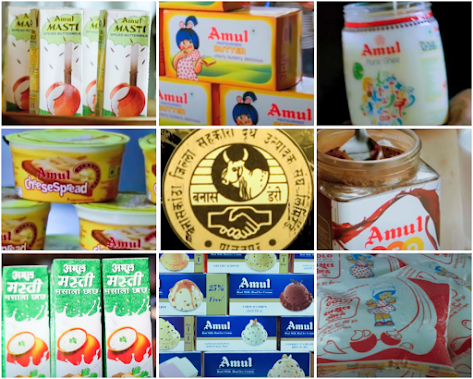Why Export of Wheat got Banned by the Indian Government?
Everyone is aware of the war between Ukraine and Russia. This war is the main subject of discussion for the people as it creates excellent trouble throughout the world. As a matter of fact, both Ukraine and Russia are the major wheat-exporting countries in the world. These countries contribute about 30% of total wheat exports in the world combinedly. As of now, China is the largest producer of wheat in the world and India is the second-largest wheat-producing country in the world.
Due to this war between Russia and Ukraine, the infrastructures of both countries are getting damaged. People of these countries are struggling and are in trouble with food and other aspects. Russia is dependent on the sea route and Ukraine is dependent on the rail route for its export activities, the black sea ( the main export sea route of Russia) has now become a battle sea during this war which is why the export of this country is almost zero for now.
Now, India is having a very good opportunity to export wheat to the world as India is one of the largest wheat-producing countries in the world. Due to this, the wheat of Indian farmers can be sold at a good price and the demand will also rise when the wheat of India comes into the International market. However, the government has banned the export of wheat from 14 May 2022. The government said that the ban is imposed to control the rising prices of wheat within the country which is due to unregulated export. However, the government also said that it would still allow exports backed by already issued letters of credit to the countries that request supplies to meet their food security.
The announcement came through a notification issued by the country's directorate general of foreign trade. The notification states that the government had taken the decision to manage the overall food security situation in the country to support the needs of the neighboring and vulnerable countries.
The government of India also stated that everything is under control in the country only the wheat export is banned to ensure national food security. According to various data, the buffer requirement of the country is fulfilled but the procurement limit by the government is not attained. The heatwave during April month dropped wheat production by about 6% the previous year because the wheat crop matures and is harvested during the March and April months and this sudden inflation in temperature results in crop damage and the yield of wheat crops. In India, Punjab, Haryana, Uttar Pradesh, Madhya Pradesh, and Rajasthan are the main wheat-producing states of wheat. According to the meteorological department, northwest and central India faced the hottest record-breaking heatwave in 122 years.
The food security of the country is one of the main reasons behind the ban on wheat export. Apart from the opportunity to sell Indian farmers' wheat in the international market to get a good price of produce the national food security is a must. Now, the government is unable to procure a sufficient amount of wheat because private players are buying farmers' produce at higher prices from the MSP ( Minimum support price) which is decided by the government. The government buys the farmers' produce on MSP but private players are paying farmers higher than the government price that's why farmers are selling their produce to private ones. Many farmers are not selling their wheat to both government and private players they are storing their wheat because they believe that prices of wheat are going to rise more than now. So to overcome the government procurement limit to ensure food security of the nation the government of India has banned the export of wheat for now.





Comments
Post a Comment